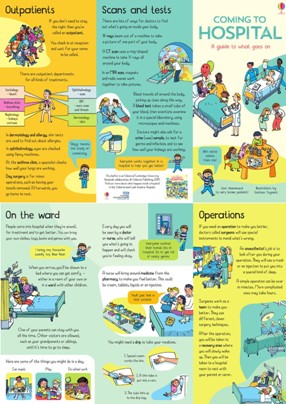
Medical writing is a specialized field that bridges the gap between complex medical information and its clear, accurate communication to diverse audiences. From regulatory submissions to patient education materials, medical writers play a critical role in healthcare, research, and public health. Below, we explore the most important topics in medical writing that professionals must master to excel in this dynamic field
- Regulatory and Clinical Trial Documentation
Regulatory writing forms the backbone of drug and device approvals. Key documents include:
- Clinical Study Protocols: Detailed plans outlining study objectives, design, and methodology.
- Clinical Study Reports (CSRs): Comprehensive summaries of trial results for regulatory submissions.
- Investigator’s Brochures: Safety and efficacy data for clinical trial investigators.
- Regulatory Submission Documents: eCTD (electronic Common Technical Document) modules for agencies like the FDA or EMA.


- Scientific Manuscripts and Publications
Publishing research in peer-reviewed journals is vital for advancing medical knowledge. Key components include:
- Structured Abstracts: Concise summaries of study objectives, methods, results, and conclusions.
- IMRAD Format: Introduction, Methods, Results, and Discussion sections for clarity.
- Case Reports and Review Articles: Sharing clinical insights or synthesizing existing evidence.
Medical Communication for Healthcare Professionals (HCPs)
This includes educational materials to support clinical decision-making:
- Continuing Medical Education (CME) Content: Webinars, monographs, or slide decks.
- Medical Summaries: Drug monographs, treatment guidelines, or disease overviews.


Patient-Centric Writing
Simplifying complex information for patients and caregivers is critical:
- Informed Consent Forms (ICFs): Ensuring trial participants understand risks and benefits.
- (PILs): Instructions for medication use, written in plain language.
- Health Literacy Materials: Brochures, websites, or videos on disease management.
Ethics and Compliance
Medical writers must navigate ethical challenges:
- Plagiarism and Authorship: Properly crediting contributions and avoiding data fabrication.
- Conflict of Interest (COI) Disclosures: Transparency in industry-sponsored research.
- Patient Privacy: Compliance with GDPR, HIPAA, and other data protection laws.


Health Economics and Outcomes Research (HEOR)
HEOR writing focuses on the value of medical interventions:
- Cost-Effectiveness Analyses: Demonstrating economic benefits of treatments.
- Real-World Evidence (RWE): Using data from clinical practice to support decision-making.
Value Dossiers: Submissions to payers highlighting clinical and economic outcomes
Digital and AI-Driven Medical Writing
Technology is reshaping the field:
- AI Tools: Tools like ChatGPT assist in drafting content (but require human oversight).
- Data Visualization: Creating infographics, graphs, and interactive dashboards.
- SEO for Medical Content: Optimizing web content for search engines to improve accessibility.


Global and Cultural Considerations
Medical writers often create content for international audiences:
- Localization: Adapting materials to regional languages, cultural norms, and regulations.
- Harmonization: Aligning documents with global standards (e.g., WHO guidelines).
Tips for Aspiring Medical Writers
- Stay Updated: Follow regulatory guidelines (e.g., FDA, EMA) and journals like The Lancet or NEJM.
- Develop Niche Expertise: Focus on therapeutic areas like oncology, cardiology, or rare diseases.
- Enhance Communication Skills: Practice translating jargon into accessible language.
- Leverage Tools: Use reference managers (EndNote, Zotero) and plagiarism checkers.
- Network: Join organizations like AMWA (American Medical Writers Association) or EMWA.









